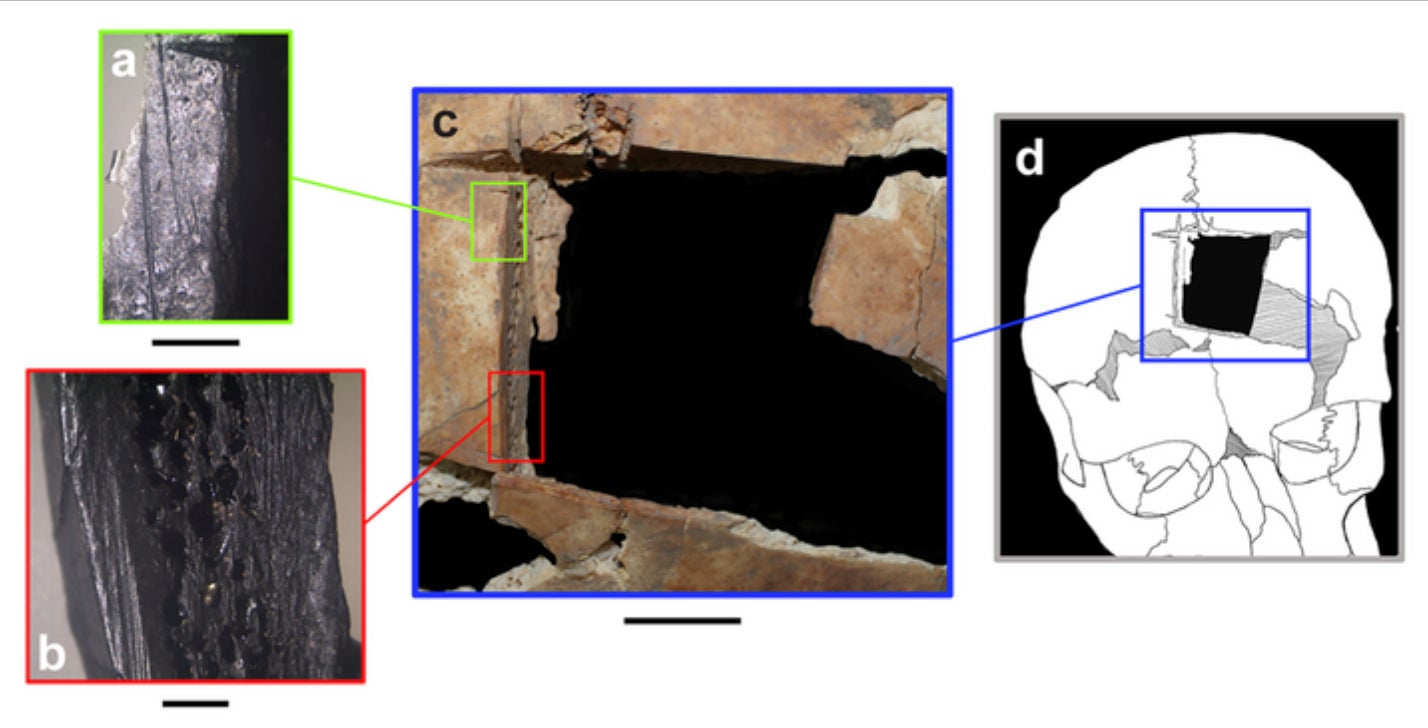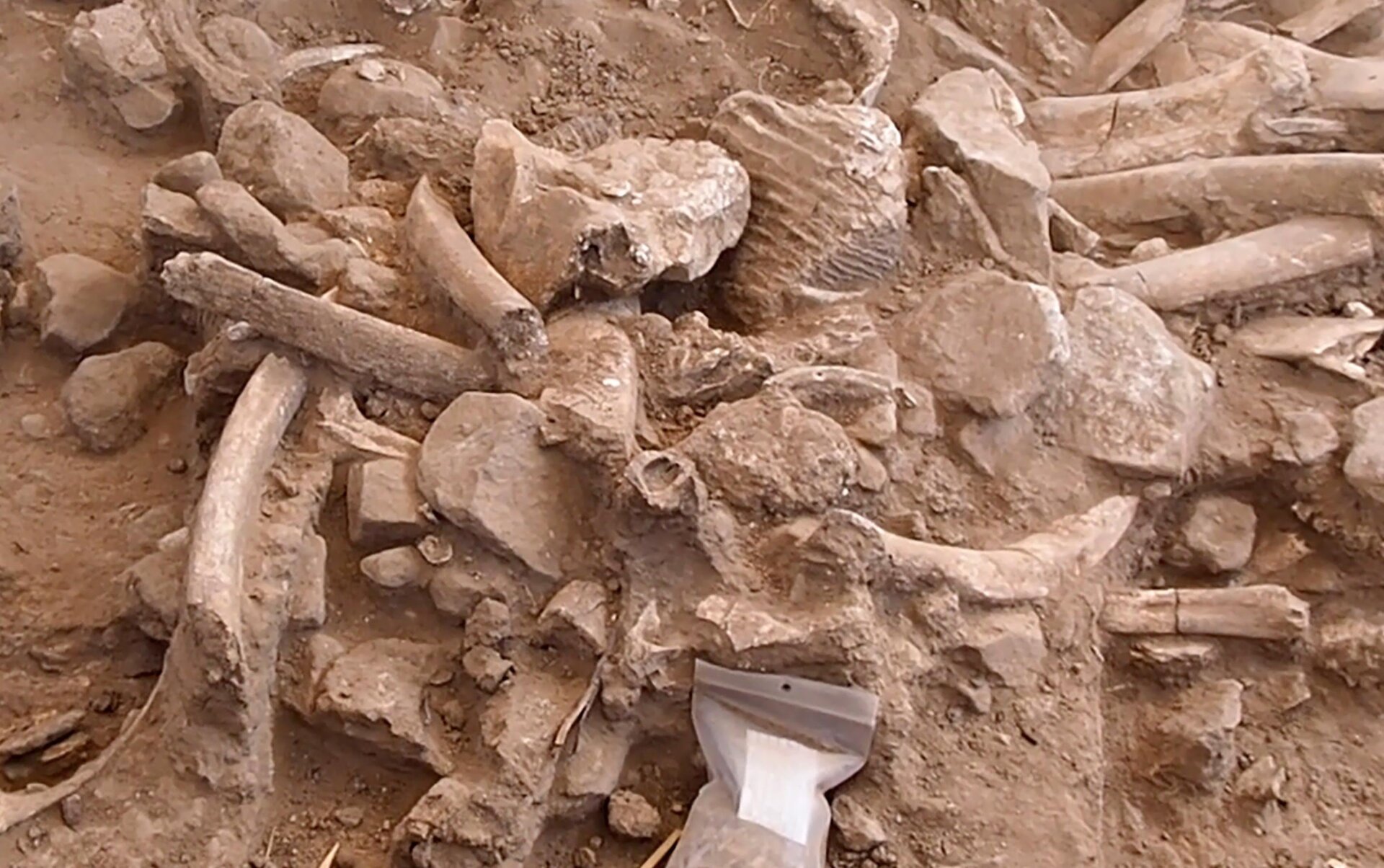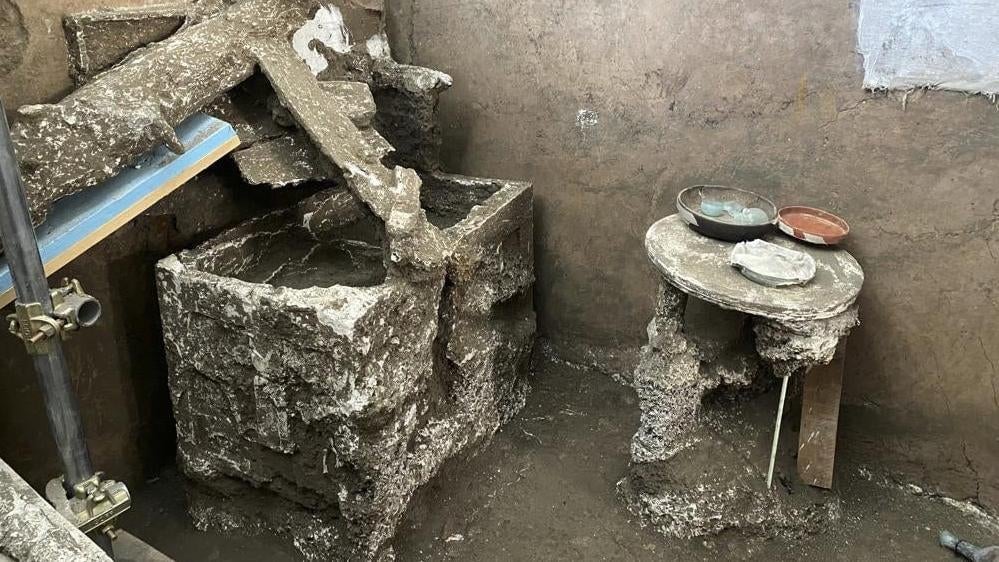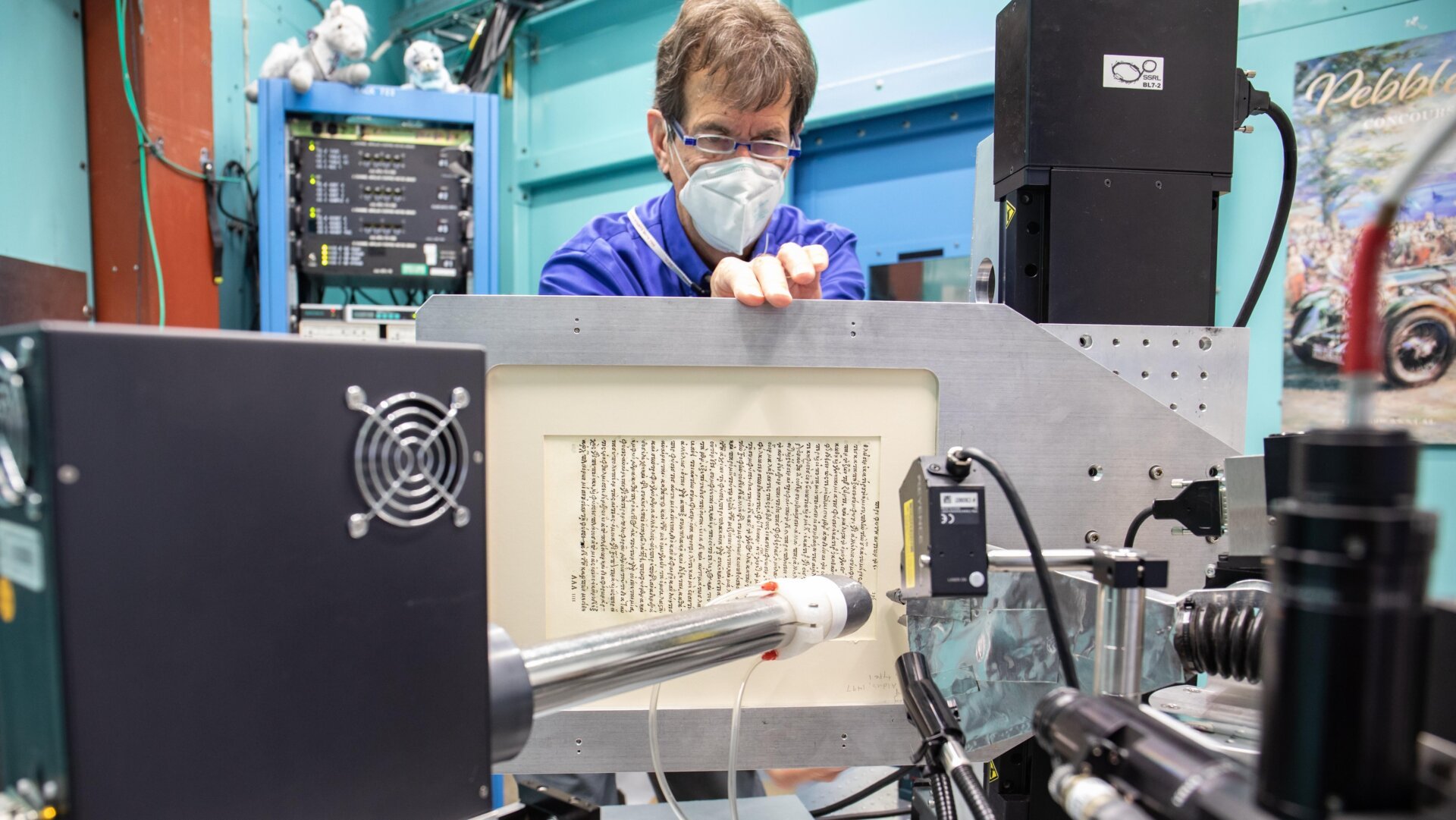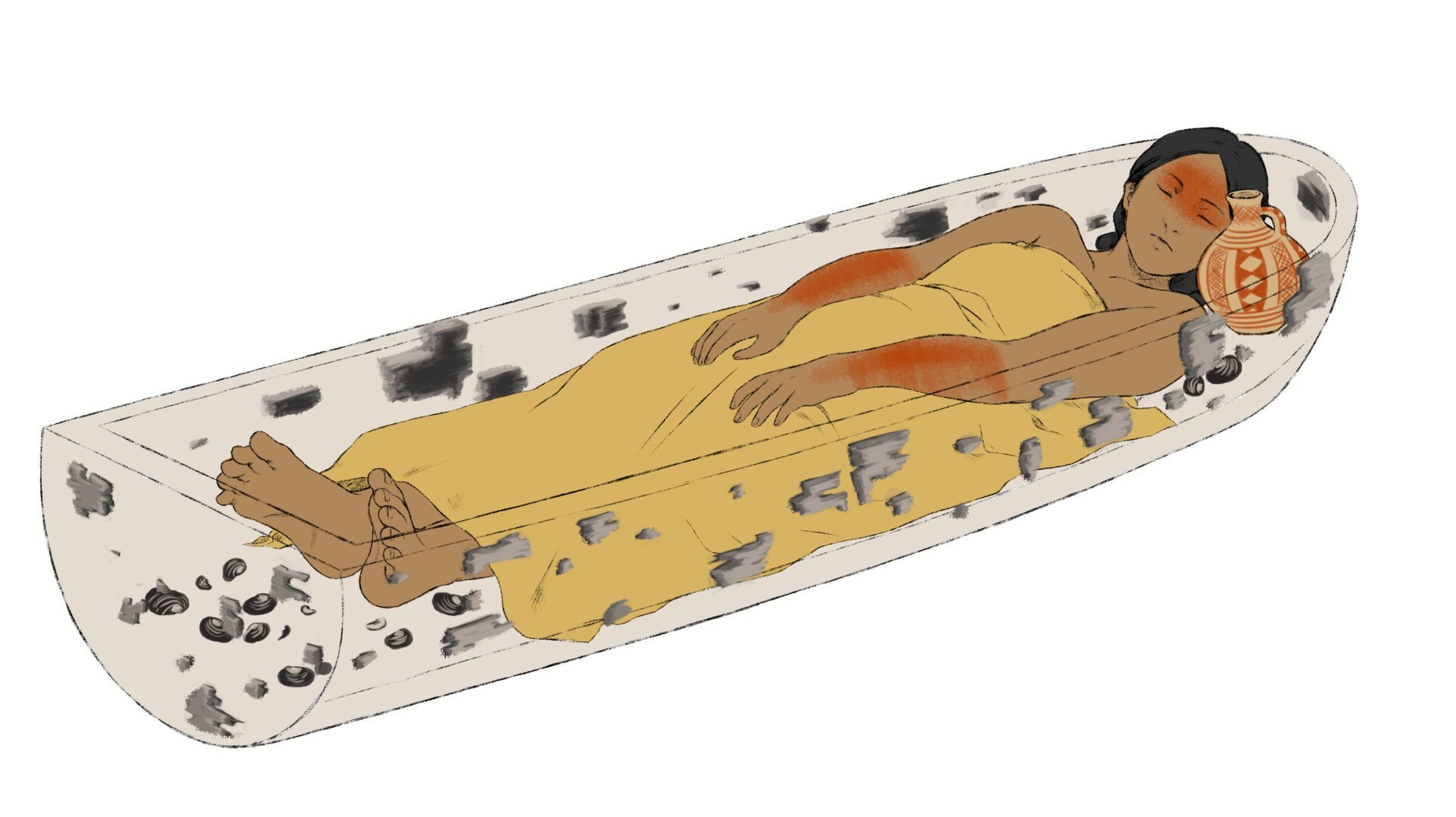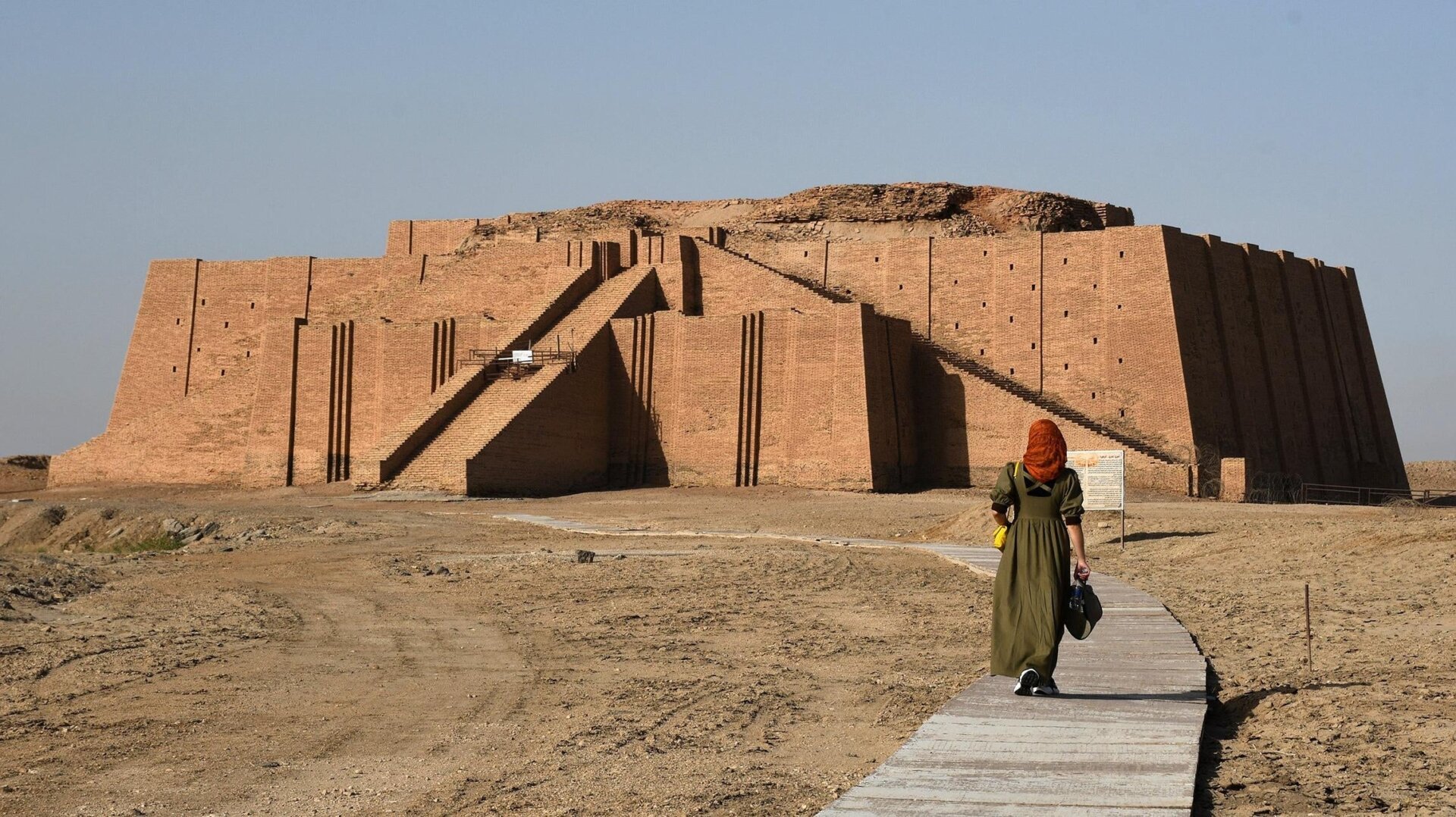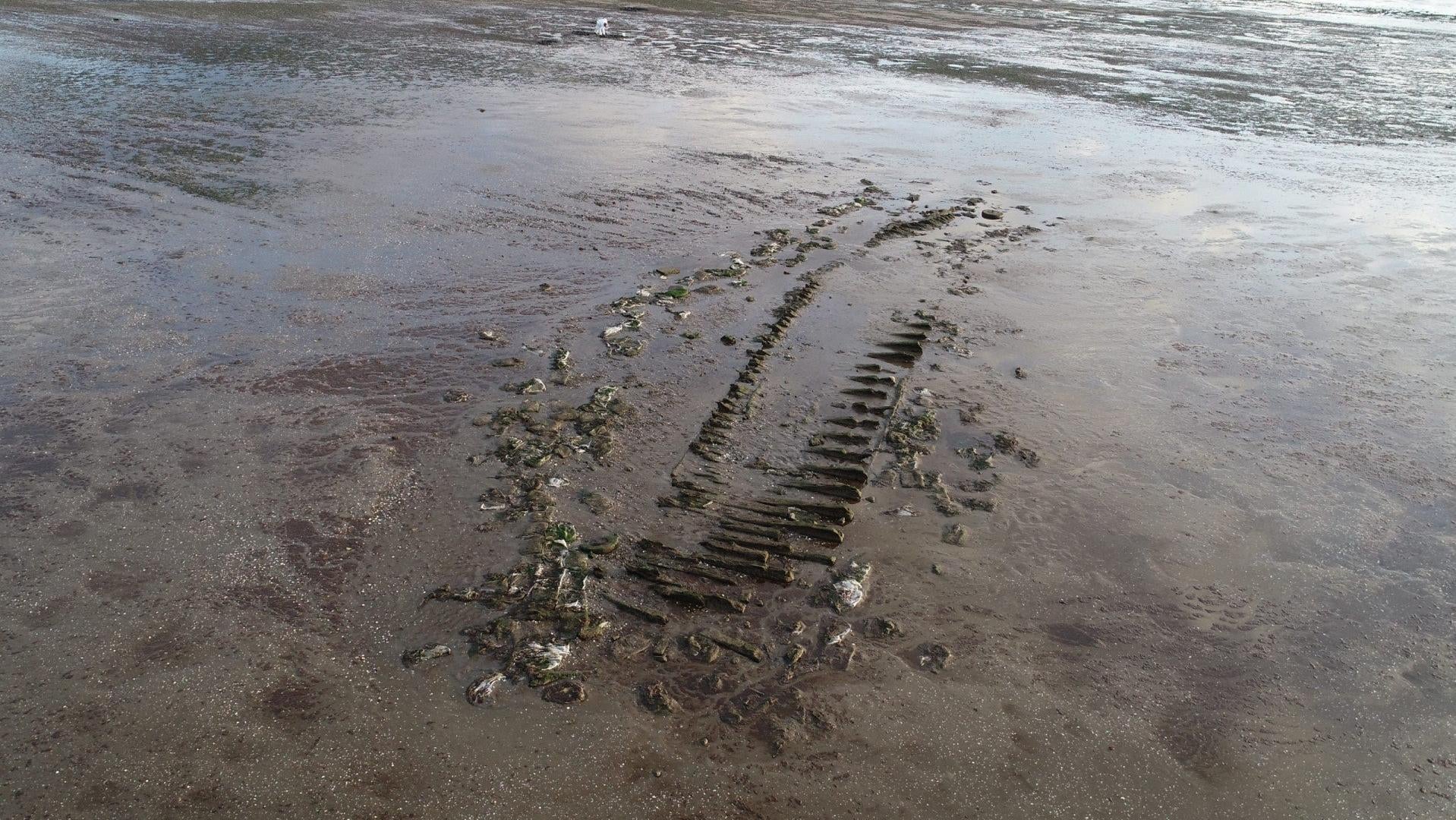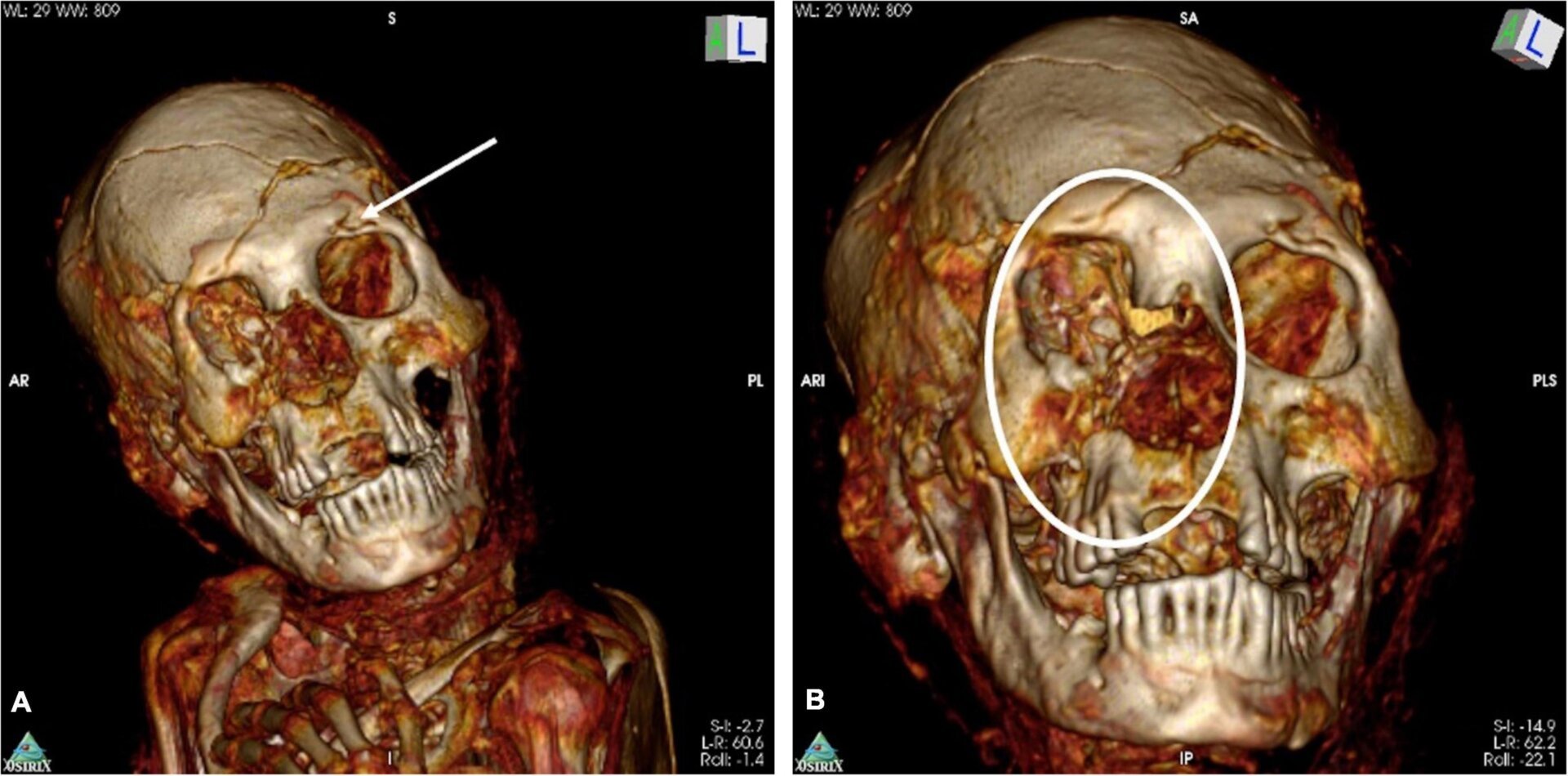The skeletal remains of two brothers from a Bronze Age tomb in Israel offer a glimpse into ancient medical practices. Buried for 3,500 years, the skeletons reveal evidence of chronic infectious disease and a remarkable attempt at brain surgery. This discovery sheds light on healthcare and social dynamics in a wealthy Bronze Age community.
The tomb, located in the ancient city of Megiddo, contained the remains of two males who likely suffered from a long-term infectious disease, possibly tuberculosis or leprosy. Evidence of this includes skeletal signs of porosity, lesions, and inflammation. Megiddo, situated on the Via Maris trade route connecting Egypt and Mesopotamia, was a strategically important settlement. The quality of the burial goods accompanying the brothers suggests they held a high social standing, perhaps belonging to the elite.
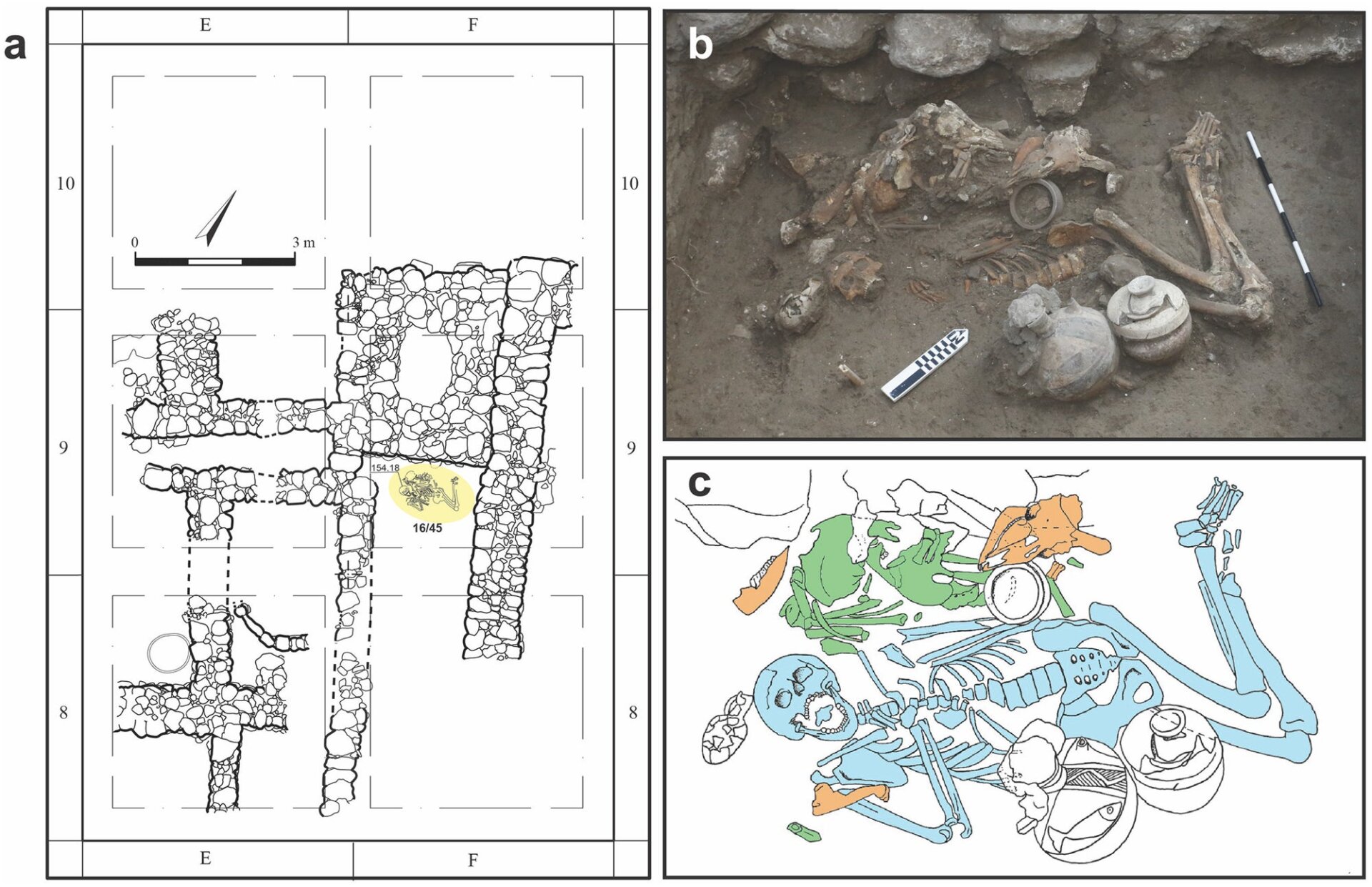 Location of the tomb and the skeletons.The tomb’s location and the skeletons as discovered.
Location of the tomb and the skeletons.The tomb’s location and the skeletons as discovered.
One of the skulls exhibits a square-inch hole, indicative of trepanation, a form of ancient brain surgery. While this procedure has been documented across various cultures and time periods, it is relatively rare in the Near East. This particular instance represents one of only a dozen known examples in the region. The researchers believe the surgery may have been an attempt to alleviate pressure caused by the disease, but unfortunately, the individual died during or shortly after the procedure. He was estimated to be between 21 and 46 years old and around 5 foot 6 inches tall.
The younger brother appears to have predeceased the other by a year or two, based on the positioning of the remains. Despite their illnesses, the brothers were buried with care and respect, suggesting they weren’t ostracized by their community. This points towards a level of compassion and social support within the ancient society.
 Close up of the trepanned skull.Close-up of the skull showing the evidence of trepanation.
Close up of the trepanned skull.Close-up of the skull showing the evidence of trepanation.
This discovery emphasizes the long history of medical intervention, even in ancient civilizations. While the trepanation proved unsuccessful in this case, it highlights the efforts made to treat illness and alleviate suffering. The research further underscores the complexities of ancient societies and the care provided to individuals facing health challenges. The study is published in PLoS One.



